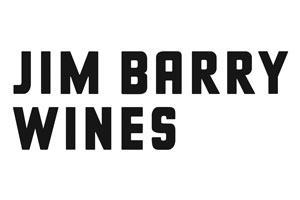Team's Favourite

Chenin Blanc , 2021
12,50%

Just arrived















Newsletter
Latest news, special offers, promotions ?
Sign up for our newsletter:
Voyageurs du Vin:
With 275 producers and more than 980 wines available on our website, you will find at Voyageurs du Vin a large selection of wines from all over the world!
For pure wine lovers, but also for beginners, there is something to delight every palate and nose all through a real world tour of over 980 references: red wines, white wines, sweet wines (Australia, Germany, Austria, Spain, Portugal, USA, Argentina, Chile, France, New Zealand, Austria, Hungary, Brazil, Canada, Japan and many others !)
Voyageurs du Vin offers a wide choice of more than 80 grapes from around the world to try! Blends, conventional or atypical varietals, they all reflect the Terroir and unique know-how from the most prestigious areas.
Voyageurs du Vin guides you with our detailed descriptions, reviews from wine experts (Wine Spectator, Wine Enthusiast, The Wine Advocate, International Wine Cellars, the Australian Wine Companion) country profiles, producers, the best sales...














































